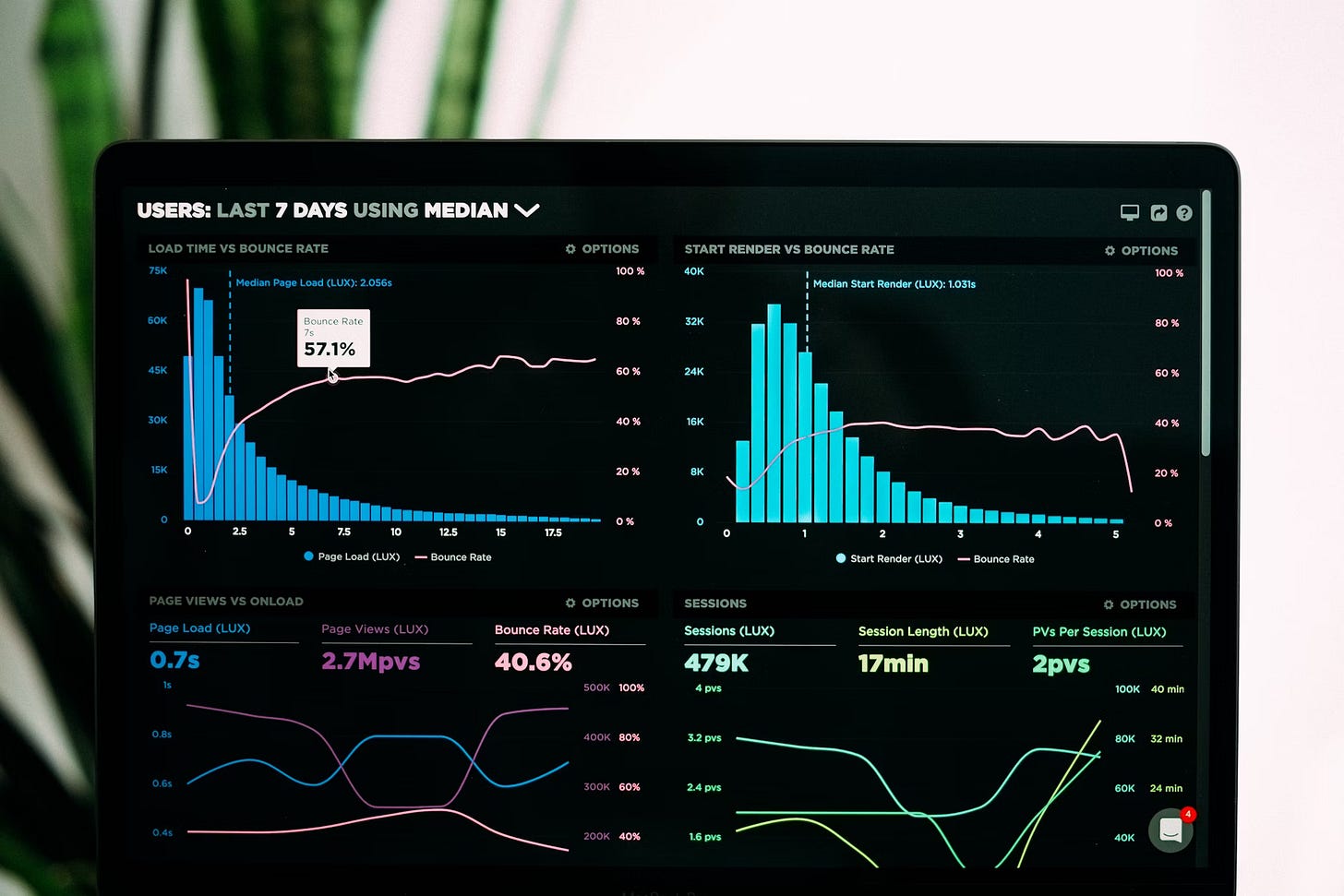For programmers, AI feels both like a blessing and a curse. Shipping code has never been faster, but many developers are also seeing dark clouds forming over the future of their work. To understand where things stand, let’s look at the numbers from the annual Stack Overflow survey and insights from a recent MIT study
The quick facts
AI adoption has exploded in the past three years. According to the 2025 Stack Overflow survey, 84% of developers now use AI tools compared to 74% last year. Nearly 70% report productivity gains. In other words, AI went from novelty to near-necessity in record time.
But adoption numbers tell only half the story. While usage grows, trust declines. Positive sentiment dropped from over 70% last year to just 60% this year, and almost half of developers say they distrust AI entirely. Only 3% say they fully trust it. In a nutshell, AI use is skyrocketing, but confidence in its output is falling.
Productive or counter productive?
AI undeniably speeds up development. Tools like GitHub Copilot and new agentic AI frameworks let one developer do the work of several. Some companies even cut hiring, assuming AI would fill the gap. Two and a half years later, many of those same companies are struggling with unmaintainable, low-quality “slop code” written with AI assistance, and they’re desperate for experienced developers to clean up the mess.
The long-term studies on this are still ongoing, but one lesson is already clear: short-term productivity can come at the expense of long-term stability.
MIT’s worrying study
MIT researchers took a deeper look at how AI affects programmers’ brains. Their study compared testers who used AI with those who relied on their own reasoning and search tools. The findings were unsettling.
Productivity gains from AI were smaller than expected.
AI users produced work of similar quality, but struggled to recall and take ownership.
Brain scans showed lower neural connectivity in AI users, a sign of weaker learning and memory formation.
The researchers are careful not to describe this as “brain damage” or “rot.” Still, the results raise a real concern: while AI does not make you dumber, heavy reliance may slow down how deeply you learn and remember.
Should we quit AI?
Of course not. AI is a powerful tool. It helps developers learn faster, ship faster, and understand complex concepts more easily. But like alcohol or sugar, too much can have side effects. The danger is not in using AI, but in outsourcing your thinking to it.
AI is not here to save programming, and it will not destroy it either. What it will do is reshape the field. Developers who learn to balance speed with craftsmanship will thrive, while those who hand over the reins completely may struggle in the long run. The real future is not humans versus AI, it is humans who know how to use AI wisely versus those who do not.
This mission is too important for me to allow you to jeopardize it.
- HAL 9000
